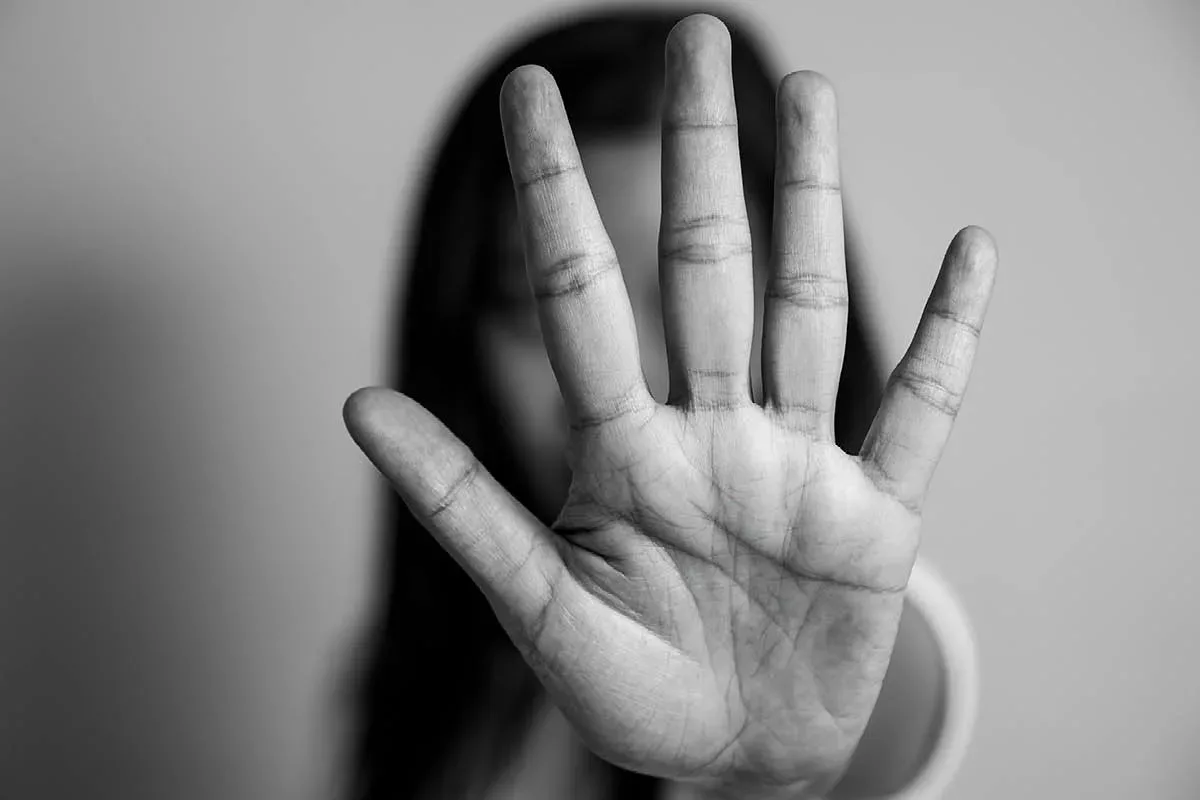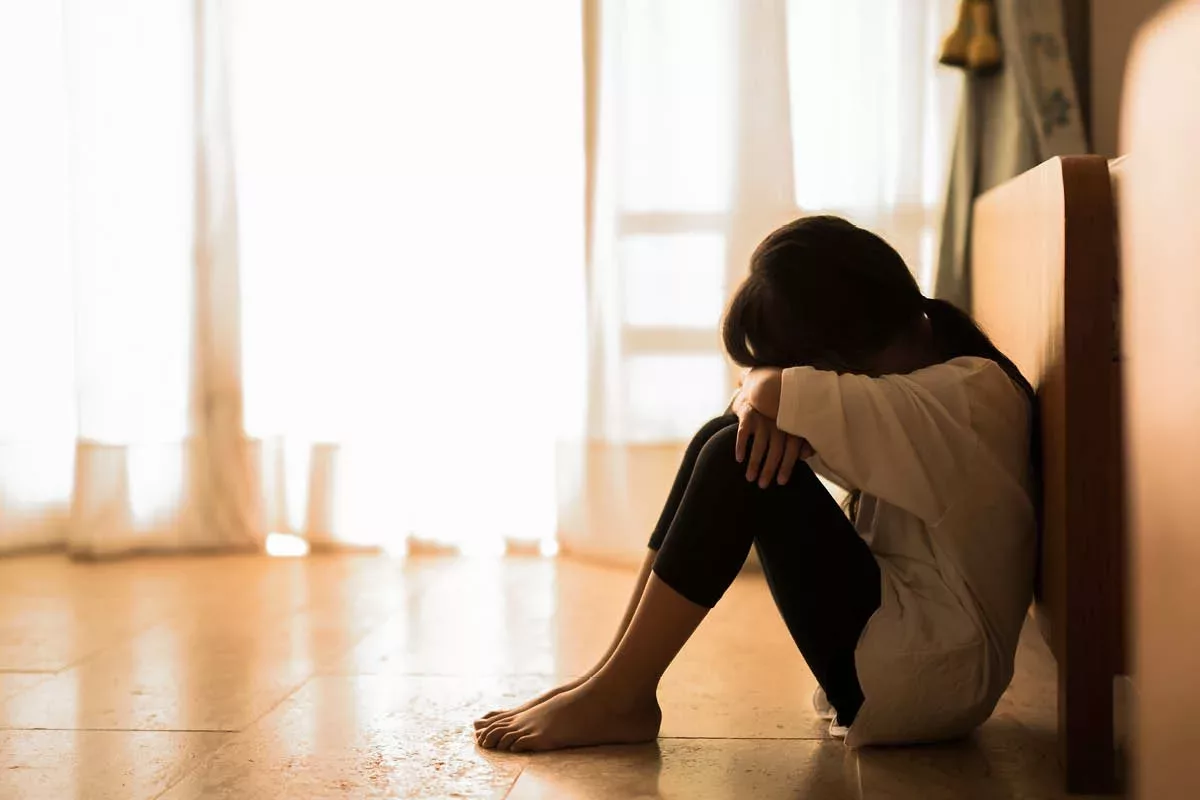No More Week
In an era where awareness is crucial to igniting change, No More Week stands against domestic abuse and sexual violence for their mission to cultivate a culture of safety, respect, and equality.
No More Week is unique in that it serves as a catalyst for systemic change by challenging societal norms and addressing root causes. By advocating for policy reform, supporting survivors, and holding perpetrators accountable, the movement seeks to dismantle the structures that perpetuate domestic abuse and sexual violence.

The original campaign and start of No More Week launched in 2013 by the “No More” Project.
The campaign displayed an organised effort that campaigned against the challenges of domestic abuse and sexual assault. This group of advocates began with business owners coming together to fight for a cause they believed in and create a safer environment. The campaign took off when other organisations joined to spread similar beliefs, shape their company values, and make an impact. Since then, the No More campaign has grown and more than 1200 organisations, 75000 people, and many educational institutions have supported and joined the cause.
During this year’s No More Week, on 4-10th March 2024, you can expect to see a platform commitment to advocacy, education, and action. Through a myriad of activities and events showcased on their website, the movement harnesses the power of collective voices to shine a spotlight on the areas where change is imperative. From educational workshops, valuable resources, and panel discussions to community outreach programs, each initiative starts a meaningful dialogue.
Examples of the events hosted on their platforms in the past includes the No More Week photo campaign that spread awareness across social media; the “Create Your Own” page that allows advocates to build their own events to fundraise; the “Support Survivors” panel that pulls in listeners to educate themselves from real-life experiences; and the partnership programs that promotes companies to join in on advocacy with in their communities.

One of the most defining aspects of No More Week is its inclusivity and accessibility.
By providing a platform for survivors, allies, activists, and organizations to collaborate and share resources, the movement fosters a culture of solidarity and empowerment. The campaign recognizes that change cannot occur in isolation but requires the collective commitment of individuals from all walks of life.
Lastly, as we navigate the complexities of these issues, No More Week reminds us of the power of our voices and actions. It calls upon us to stand united in our pursuit of a world free from violence and oppression while also spreading inclusivity and accessibility. Most importantly, No More Weeks is a great platform for survivors, allies, activists, and organizations to collaborate and share resources. The movement fosters a culture of solidarity and empowerment. The campaign also recognizes that change cannot occur in isolation but requires the collective commitment of individuals from all walks of life.
In essence, by amplifying the voices of survivors, raising awareness, and advocating for change, we can develop a future where safety, respect, and equality are not just ideals but fundamental rights for all. No More Week serves as a powerful reminder of our collective capacity to effect change. As we engage with the activities and events showcased on the website, we can reaffirm our commitment to creating a world where no one has to endure the pain and trauma of domestic abuse and sexual violence.
Article written by Olivia Barnes, Lucia Luques and Ayesha Abbasi.
Contact us today
If you have any questions or wish to get legal advice on any of the topics raised above, please feel free to ring us 020 7608 1227.
Alternatively, email Olivia, co-author of this article and Trainee Solicitor at Goodman Ray.






